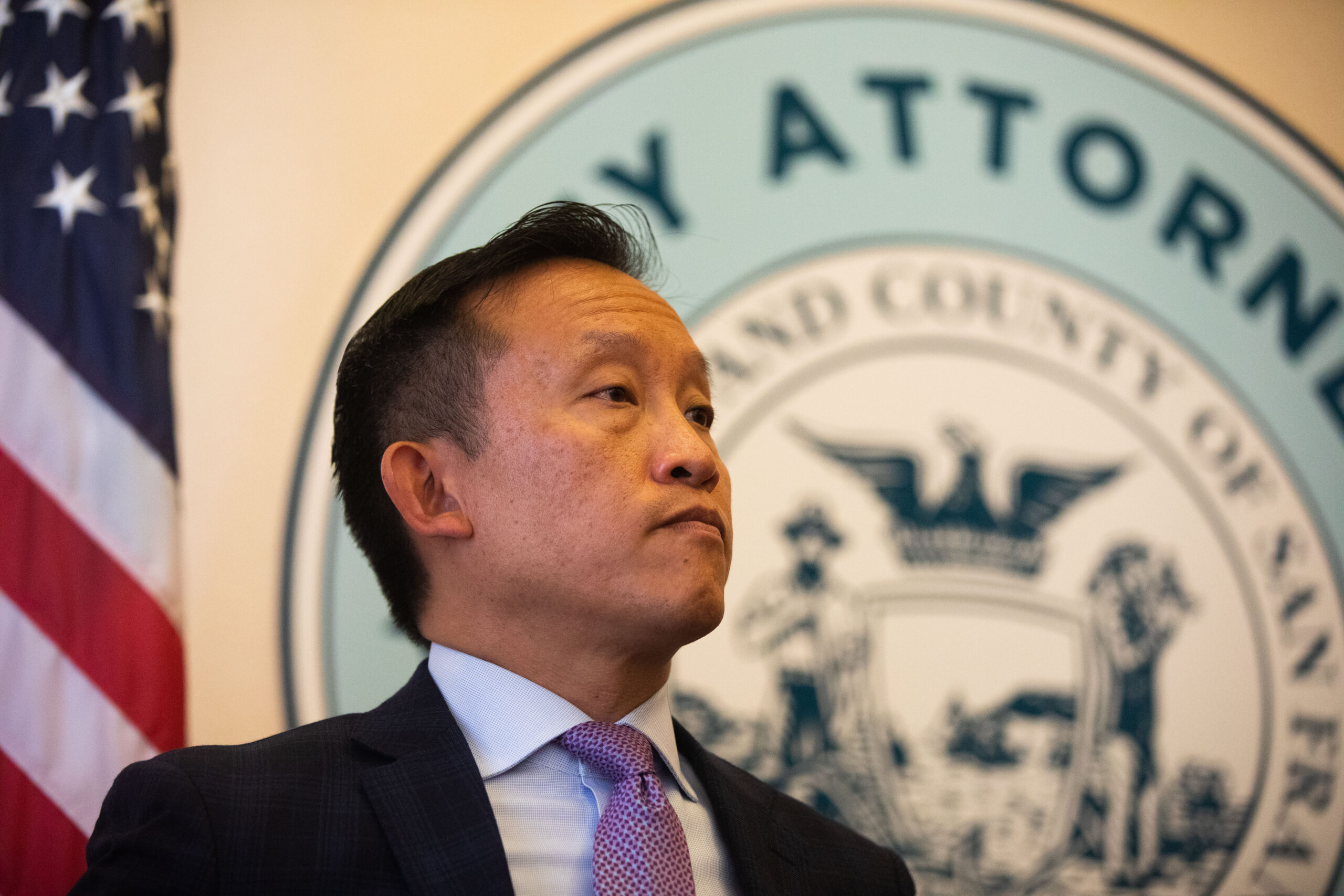Following news that the U.S. Supreme Court could weigh in on the legality of homeless encampment sweeps, San Francisco wants to press pause on a high-profile lawsuit to avoid wasting resources on litigation that could be rendered moot in a matter of months.
City Attorney David Chiu filed a motion Thursday requesting a pause in the case, citing the Supreme Court’s decision last week to review Johnson v. Grants Pass, a Ninth Circuit Court of Appeals decision that affirmed the right of homeless people to camp outside when no shelter is available.
The Grants Pass case, along with other Ninth Circuit rulings related to homelessness, formed the basis of the nonprofit Coalition on Homelessness’ September 2022 lawsuit against the city, which accused local officials of illegally destroying encampments and violating legal precedent in displacing homeless people without providing alternate shelter.
If granted, Chiu’s request would pause proceedings in the Coalition on Homelessness case until the Supreme Court weighs in on Grants Pass.
“The Grants Pass decision underpins every aspect of Plaintiffs’ case against the City and is the foundation of the preliminary injunction issued by the District Court,” said Chiu in a statement. “It makes no sense to spend months litigating this case and expend enormous resources collecting evidence and expert testimony when the entire legal landscape may soon change.”
Court Order Will Remain in Place
As part of the Coalition on Homelessness case, U.S. Magistrate Judge Donna Ryu imposed an injunction in December 2022 that restricts San Francisco from enforcing laws barring sitting, lying or lodging on the street.
The injunction will remain in place if San Francisco’s request to pause proceedings in the case is granted, said the City Attorney’s Office. Last week, the office lost an appeal at the Ninth Circuit to overturn the injunction.
Chiu’s office, Gov. Gavin Newsom and other advocacy groups had lobbied the Supreme Court to reexamine the lower court’s Johnson v. Grants Pass decision, which held that the Oregon city could not enforce local ordinances that bar homeless people “from using a blanket, pillow, or cardboard box for protection from the elements.”
That decision, along with another Ninth Circuit ruling in Martin v. Boise, determined that penalizing people for sleeping on the streets when no alternative shelter is available amounts to “cruel and unusual punishment” in violation of the Eighth Amendment of the U.S. Constitution.
The Coalition on Homelessness cited the Ninth Circuit’s earlier rulings in its argument that the city’s practices of clearing encampments violated both its own policies and the rights of homeless individuals.
John Do, a senior staff attorney with the American Civil Liberties Union of Northern California and an attorney representing the Coalition on Homelessness, said that the case should proceed.
“The majority of our case is unrelated to whether City’s practices are cruel and unusual punishment under the Eighth Amendment and must be resolved,” Do said.
The Supreme Court could either reverse or narrow the Grants Pass decision when it reexamines the case later this year. The court’s opinion could have major ramifications for San Francisco and other West Coast cities that have struggled to balance the rights of unhoused people with public pressure to address what many consider dangerous and unsanitary living conditions.
In a brief filed with the Supreme Court, San Francisco argued that its inability to enforce laws has made it difficult to provide shelter and services to the some 4,000 people who sleep on city streets on any given night, according to the most recent estimate.
Ed Johnson, director of litigation at the Oregon Law Center and lead counsel for the respondents in the Grants Pass case, argued that the Ninth Circuit’s ruling was “consistent with decades of Supreme Court precedent.
“The U.S. Constitution does not allow cities to punish people for having an involuntary status, including the status of being involuntarily homeless,” Johnson said.
